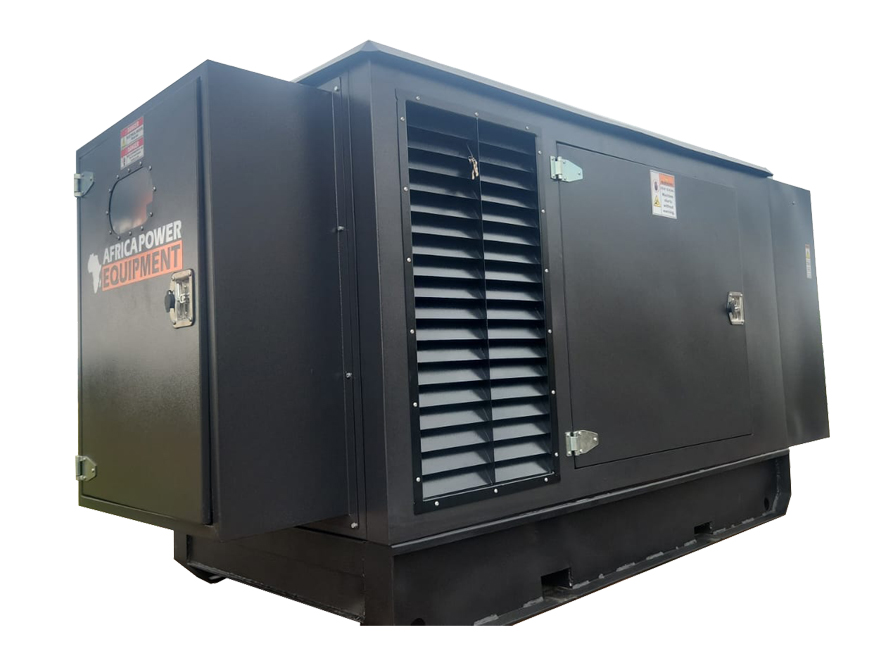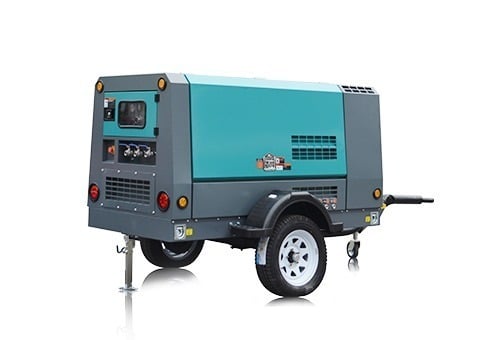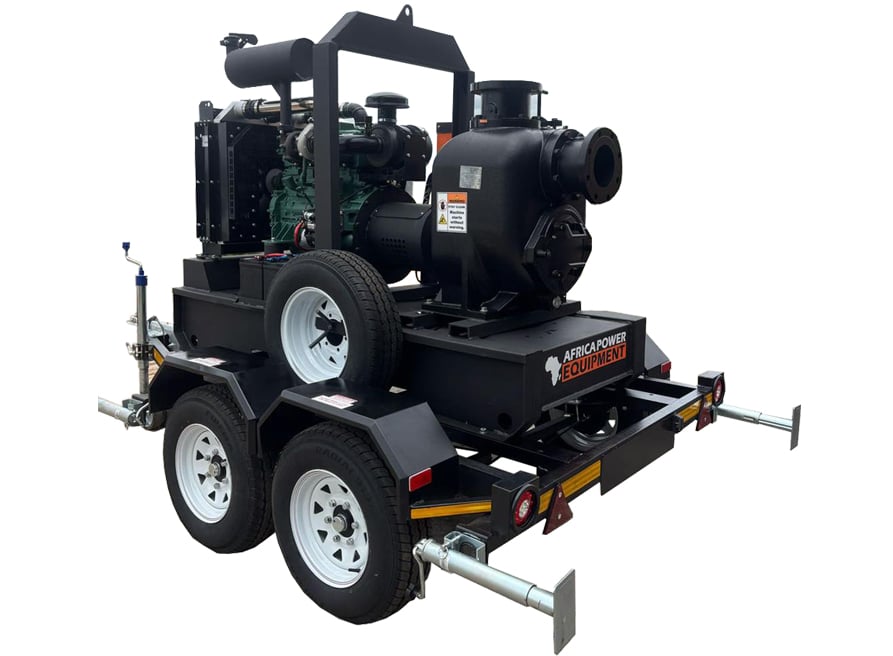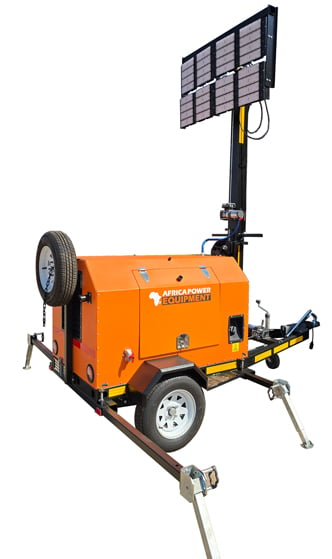Top Safety Tips for Using an Air Compressor Properly and Safely
Air compressors are essential tools across workshops, garages, and construction sites, but if not used correctly, they can pose serious hazards. From air leaks and explosions to hearing damage and flying debris, proper safety measures are crucial.
In this article, we’ll break down the most important air compressor safety tips, covering everything from setup to shutdown. Whether you’re a DIY user or a professional, following these guidelines helps prevent injuries and prolongs the life of your equipment.
⚠️ Why Air Compressor Safety Matters
Compressed air is invisible but powerful—at just 90 PSI, it can send debris flying or cause skin embolism if misdirected. Additionally, stored energy in tanks, electrical components, and heat buildup all contribute to potential risks.
🛠️ 1. Read the Manufacturer’s Manual
Every air compressor has its own operating procedures. Before your first use:
-
Understand PSI and CFM ratings for your tools
-
Locate safety valves, gauges, and drain valves
-
Follow recommended maintenance schedules
Pro Tip: Save the manual in your workshop for quick reference.
🧼 2. Always Inspect Before Use
Before powering on your compressor:
-
Check for damaged cords, fittings, or hoses
-
Confirm tank pressure is within safe limits
-
Ensure valves, gauges, and safety features are functioning
-
Test the relief valve for proper air discharge
Never ignore small air leaks—they can indicate worn seals or fittings that may burst under pressure.
👂 3. Wear Personal Protective Equipment (PPE)
-
Safety goggles: Protect eyes from flying particles
-
Hearing protection: Compressors over 85 dB can cause hearing damage
-
Gloves: Reduce injury risk when handling sharp or hot fittings
Bonus Tip: Use steel-toe boots if you work around heavy pneumatic equipment.
🔌 4. Ensure Proper Electrical Setup
-
Use grounded outlets to avoid electric shock
-
Do not use extension cords—they can cause voltage drop and overheating
-
Keep electrical components away from water or damp areas
If your compressor trips breakers, it may be drawing too much current—check voltage requirements or consider a dedicated circuit.
🌀 5. Maintain Proper Ventilation
Air compressors generate heat, especially oil-lubricated or high-CFM models. Always:
-
Place the unit in a well-ventilated area
-
Avoid enclosing it in tight cabinets or corners
-
Allow air to circulate freely around the motor
Poor ventilation can lead to motor overheating and fire hazards.
🧯 6. Drain the Tank Regularly
Condensation collects inside the air tank during compression. Over time, this can lead to:
-
Rust buildup inside the tank
-
Tank failure or explosion in rare cases
Drain the tank daily (or after each use) using the tank drain valve. Let pressure out slowly to avoid sudden surges.
🔩 7. Secure Hoses and Fittings Properly
-
Use quick-connect couplers for a safe, tight seal
-
Ensure hoses are free from twists, kinks, or abrasion
-
Avoid tripping hazards by routing hoses properly
Loose or damaged fittings can whip violently when under pressure.
❌ 8. Never Modify or Bypass Safety Features
-
Don’t tamper with pressure switches or relief valves
-
Don’t plug holes with unapproved hardware
-
Avoid over pressurizing tools or the tank itself
These features are designed to protect both you and the machine.
⛔ 9. Never Use Compressed Air to Clean Yourself
This is a critical safety rule—never aim compressed air at your skin or clothing. The pressure can force air into your bloodstream, causing an air embolism, which can be fatal.
✅ 10. Shut Down Correctly
When finished using your compressor:
-
Turn off and unplug the unit
-
Disconnect all tools and hoses
-
Bleed air from the system
-
Drain condensation from the tank
Proper shutdown reduces wear and prevents moisture-related damage.
🔗 Related Internal Links
🛒 Final Thoughts
Air compressors are powerful tools, but they demand respect and responsible handling. By following these safety tips—from wearing PPE and checking components to draining the tank and shutting down properly—you’ll stay safe and extend your equipment’s lifespan.
Need reliable and safe compressors for home or professional use? Browse our range at PowerEquipment.co.za for oil-free, portable, and industrial-grade options.





